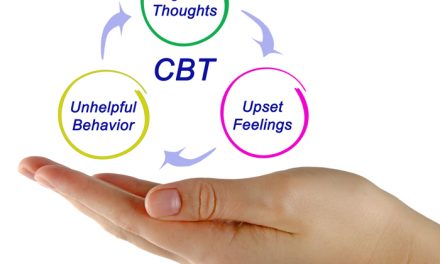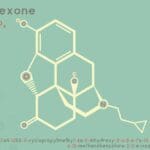Most of us have a sweet tooth. We enjoy cookies or cake or candy. We like sodas and mochas and milkshakes. And we enjoy plenty of processed foods that are full of sugar we probably don’t even think about most of the time.
At the same time, most of us are well aware that sugar isn’t very good for us. It can lead to a variety of serious health problems (including heart disease and diabetes), tooth decay, and weight gain.
And for people in recovery from a substance use disorder, sugar can pose an additional issue. That is because the rush that it can provide can mimic the high a person used to get from drugs. As a result, it can become a substitute addiction—which of course can lead to the problems listed above. Worse, too much sugar can open the door to a relapse.
There is nothing sweet about that.
Let’s take a closer look at sugar and the ways you might protect yourself from problems.
How Much Is Too Much?
Experts suggest that women limit their intake to six teaspoons per day and that men stick to nine teaspoons or less each day. Most of the time, however, we don’t consume sugar by the spoonful (unless we are adding it to coffee or Mary Poppins is attempting to get us to take our medicine), so it can be helpful to think of sugar intake in terms of grams.
A teaspoon of sugar is about four grams. So the recommendations are that women should limit daily sugar intake to 24 grams and men should limit daily intake to 36 grams.
Now consider that the leading colas on the market have 39 grams of sugar in each 12-ounce can. That means that it is mighty easy to shoot right past the daily sugar recommendations.
Again, there are plenty of health ramifications of consuming too much sugar, so staying under the guidelines is a good idea for everyone—and an especially good idea for a person in recovery.
So how can you reduce your sugar intake?
Options and Ideas for Reducing the Amount of Sugar in Your Diet
In one sense, it is arguably quite easy to reduce the amount of sugar you consume: Simply eat and drink fewer things that are sweetened with sugar.
That might mean giving up some of your favorite indulgences (or at least consuming them less often or in smaller amounts). But it will likely also mean being more diligent about reading nutrition labels in the store and making careful choices in restaurants. For example, you might not suspect that pasta sauce and barbeque sauce—which are more savory than sweet—are often significant sources of sugar.
You can also make some smart substitutions in your diet. For example, fruits tend to be naturally sweet and are, of course, among the healthiest things you can eat. So, if you add fruit to your morning cereal (preferably a cereal with no added sugar) rather than a sugar, you can enjoy the natural sweetness and support your overall health as well. By paying attention to labels, you can also enjoy things like applesauce or jams that rely on the sweetness of fruit and do not include added sugar.
Keeping Track of What Causes Cravings
We want to reiterate that there are plenty of reasons to reduce your sugar intake. But if you are in recovery from a substance use disorder, we urge you to think about sugar in terms of how it might impact your recovery. If you notice that you experience more cravings for drugs or alcohol after consuming something sugary (or if you notice you are craving sugar all of the time), it is important that you make smart changes in your diet right away as one of your strategies for lessening the likelihood of a relapse. Doing so will be good for your overall health—and for your ongoing sobriety.
Reclaim the Sweetness of Sobriety
When you are struggling with drugs or alcohol, your life begins to sour in any number of ways. You might find yourself unable to do your job effectively. You might damage important relationships in your life. You might—indeed, likely will—find your mental and physical health deteriorating.
But you can reclaim the sweetness of life by reclaiming your sobriety. And The Aviary Recovery Center, near St. Louis, MO, can help you do just that. We provide medically supervised detoxification, a rehabilitation program designed to prepare you for the recovery journey, and a continuum of care that offers ongoing support. Replace the sour with the sweet in your life by getting the help you need to regain and maintain your sobriety.










